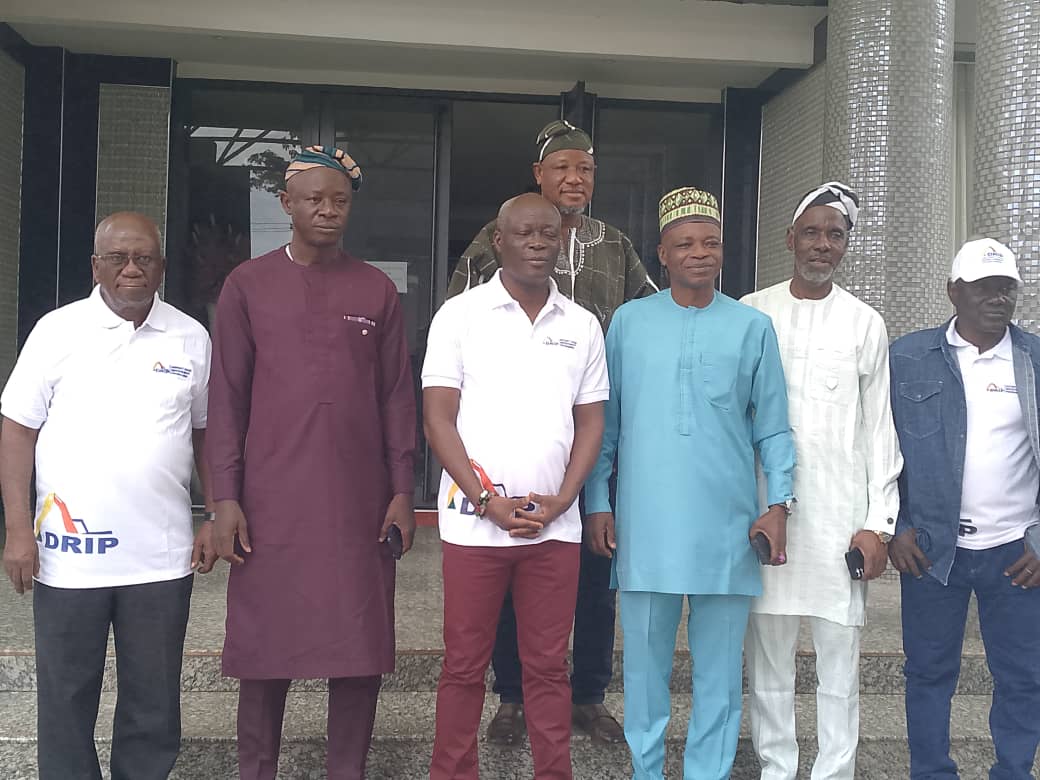By Solomon Gumah
Tamale, Aug. 15, GNA – Mr Ali Adolf John, Northern Regional Minister, has threatened to sanction Metropolitan, Municipal and District Assemblies (MMDAs) in the region that fail to promptly return District Road Improvement Programme (DRIP) equipment after use.
He said the prolonged retention of the machinery by some Assemblies was depriving others of access and frustrating the programme’s goal of improving road infrastructure across the region.
Mr John gave the warning in Tamale during the opening ceremony of a two-day orientation for newly appointed District DRIP Coordinators from the Northern and Savannah Regions.
The training aimed to build the capacity of coordinators to manage the programme’s heavy and expensive equipment efficiently.
The Minister revealed that the Northern Regional Coordinating Council (NRCC) had taken delivery of six wheel loaders, two low beds, two bulldozers and other machines to be stationed at the RCC for use by any MMDA upon request.
He, however, expressed concern that some Assemblies had been reluctant to return the equipment after use, citing the Zabzugu District Assembly’s year-long hold on a wheel loader as an example.
He tasked the newly appointed Regional DRIP Coordinator, Mr Seidu Seini, to ensure the immediate return of the wheel loader to the NRCC by the close of the week, in the same condition it was released, warning that failure to comply would attract punitive action.
Mr John further urged the new district coordinators to ensure transparency, accountability, technical efficiency, safety, environmental responsibility and community engagement in their work.
He assured them of the NRCC’s readiness to support them in overcoming operational challenges, provided they adhered to the right procedures.
The DRIP is a government initiative aimed at equipping MMDAs with machinery, technical expertise and resources to rehabilitate, maintain and construct local roads, particularly in rural communities with poor road networks that limit access to markets, schools, health facilities and other essential services.
GNA
Edited by Eric K. Amoh/Christian Akorlie
